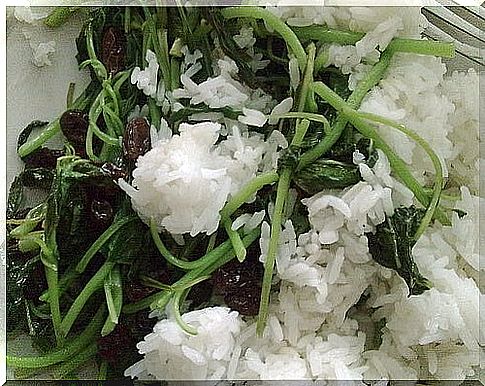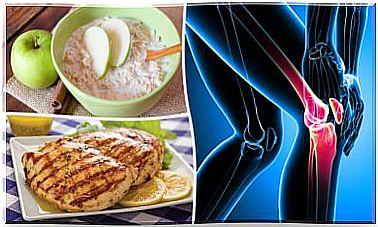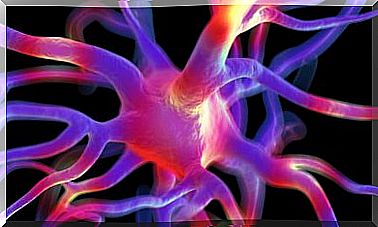Benefits Of Basmati Rice
Basmati rice is a very popular grain in Indian cuisine. It is available as processed and brown rice, which is popularly believed to retain all of its nutrients.
Grown in the foothills of the Himalayas, Basmati rice is said to have the highest nutrient content of all rices, although there is no scientific study to back it up.
Nutritional information
Vitamins
Basmati rice, according to different research, has high content of vitamins that help in different functions, such as:
- B vitamins predominate, such as B1, B3 and B6; as well as B2, B5, B8 and B9.
- It is also rich in vitamin E, which works as an antioxidant.
- Vitamin K, for blood clotting.
Minerals

Yanine Pernice, Doctor in Nutrition, also assures that the most beneficial nutrient found in Basmati rice is 88% manganese.
This mineral, according to numerous studies, is essential for the metabolism of lipids and carbohydrates, as well as for the regulation of the nervous system.
Carbohydrates
It is a good source of complex carbohydrates, due to the large amount of starch that according to nutritional studies it harbors, which provides energy for the brain and central nervous system.
- It contains around 45 g of carbohydrates and 216 calories per 100 grams.
Protein
According to numerous scientific articles, a cup of rice offers approximately 7% of the RDA for protein.
- It contains the 8 essential amino acids, but is low in lysine, therefore, you can supplement it with beans, to obtain a complete protein.
Fiber contained in Basmati rice
Popularly, brown Basmati rice is believed to provide twice the fiber, 14%, than white rice.
Basmati rice and diabetes

This food can be part of a healthy meal for diabetics, as long as the portions are kept reasonable and the amounts of other foods that contain carbohydrates are controlled, within the same plate, as this article published on Medigraphic ensures.
This variety of rice will be part of a healthy dinner, which will help you keep your blood sugar levels within acceptable levels.
- You can consume 1 cup of Basmati rice cooked with steamed vegetables, and a serving of baked or grilled fish, chicken or turkey.
Basmati rice glycemic index
The glycemic index measures how quickly food releases its energy into the body.
- Some foods that release your energy quickly can cause disturbances in your blood sugar levels, while others release your energy slowly and can help keep you more stable.
Basmati rice has glycemic index values very similar to other varieties of rice. Long-grain white rice has a glycemic index of 56, and brown rice of 66. As numerous studies show, the glycemic index of basmati rice is lower than that of “instant” white rice.
Did you know the properties of this food? As you can see, it is a source of important nutrients. In addition, it is a good option for diabetic patients when compared to other types of rice.









